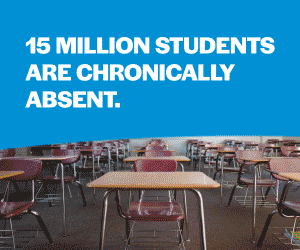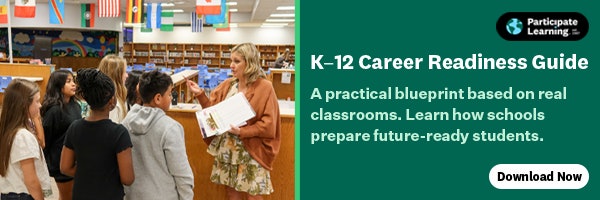A new study commissioned by the Advanced Education Research and Development Fund (AERDF) and the ETS Research Institute and released on October 30 provides deeper insights into why such high numbers of older K-12 students struggle to read at grade level nationally.
A landmark 2019 RAND study found that grade 3–8 teachers reported 44% of their students frequently have difficulty reading the instructional materials used in their classrooms. ETS scientists first hypothesized that the “decoding threshold” prevents many students from reaching grade-level reading proficiency in a 2019 study. The “decoding threshold” is the point at which students can read text accurately and efficiently, allowing them to independently comprehend grade-level text.

“We know that many students nationwide are struggling to comprehend grade-level text after third grade – and this study provides critical insight into why some students are struggling, and where they’re getting stuck,” said Rebecca Sutherland, Associate Director of Research for AERDF’s Reading Reimagined program and a co-author of the report. “If a student is unable to decode longer, more complicated text, all of their attention will be devoted to decoding text, and they won’t be able to comprehend what they’re trying to read. The findings give us a clearer understanding of what supports many older students need to read on grade-level.”
Early, targeted interventions
According to the report, identifying students who need help with decoding skills early is essential for providing effective interventions. Without these foundational word recognition skills, students are unlikely to improve their reading comprehension, regardless of how much time they spend in the classroom.
For students struggling with decoding, targeted interventions that focus on foundational reading skills are critical. That is why foundational reading skills assessments designed and validated to measure older students’ decoding abilities are essential for identifying students who need support in this crucial domain. Students whose decoding skills are strong enough to be past the threshold may still need explicit instructional support in other aspects of reading, such as building background knowledge, vocabulary, fostering metacognition, and developing the critical thinking and digital literacy skills that will allow them to comprehend texts of increasing complexity.
For more information on the decoding threshold, visit AERDF’s website. For a detailed explanation of Reading Reimagined’s research base supporting its efforts, read the concept paper here.




























